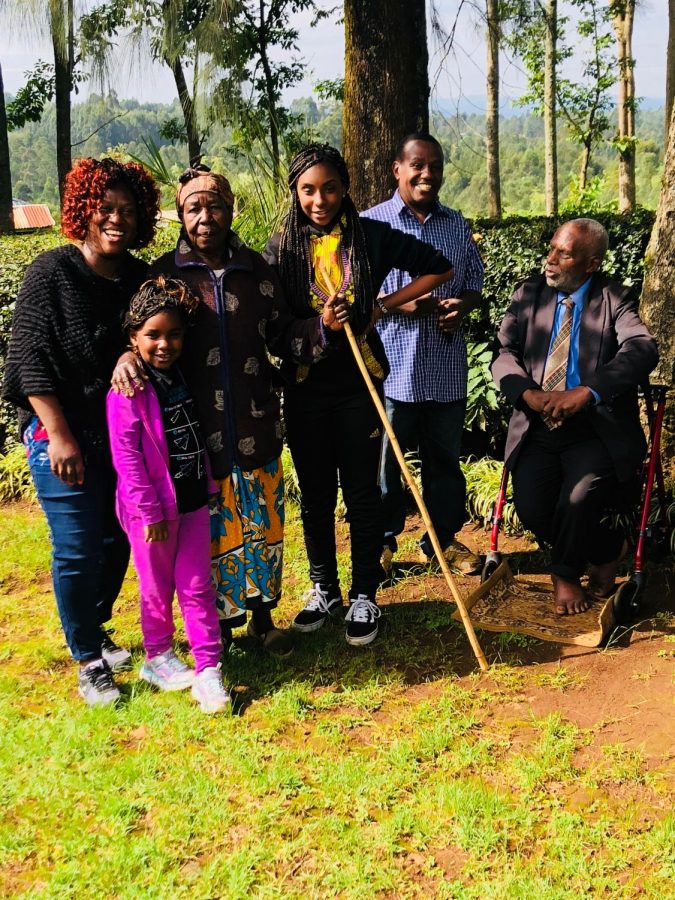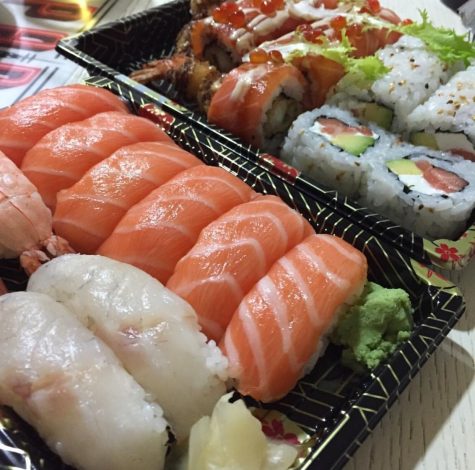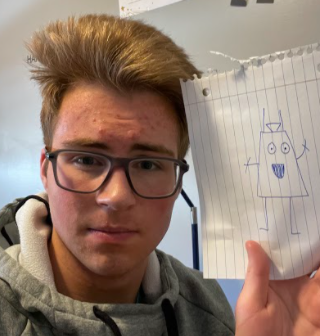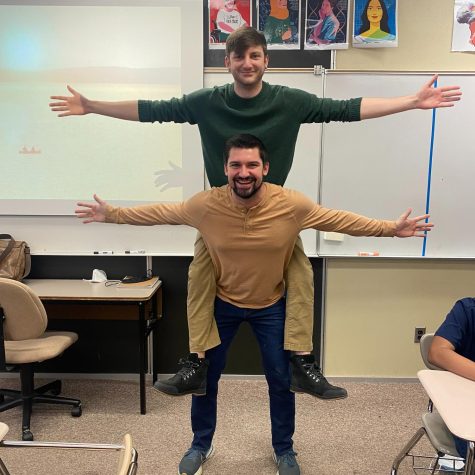Kayla Bichanga
February 10, 2021
One fine evening, Kayla Bichanga was informed by her mother Alice Manyura, that it was time for another traditional Kenyan get together. Kayla started getting dressed in her dashiki, which is a shirt her and her family use to celebrate their culture. Kayla started preparing her favorite Kenyan dish, chapati, which is a soft fried flour tortilla. She prepares herself for the excitement of seeing her extended family and celebrating their Kenyan traditions.
When she arrives at the get together, she hears her favorite African songs. She says hello to all of her family members, some she hasn’t seen in years. Her cousins invite her to dance and she starts enjoying what is only the beginning of their time together. She catches up with her cousins and finds out what they’ve been up to.
They reminisce about their younger years and talk about the death of their grandfather, Nemuel Manyura. He died at the age of 94 due to heart failure. Kayla mentions how he was like her best friend. He is the one she looked up to whenever she needed guidance. He is the one who brought the family together and he made them as close as they are now. He is the one who taught the grandchildren about their Kenyan culture and background. Kayla and her cousins agree that they would not truly know who they are as Kenyans if it weren’t for him.
One of Kayla’s aunts steps up and starts remembering Kayla and her cousin’s grandfather, her father. “We need to remember what Nemuel tried to engrave in our minds from when we were toddlers up until the tragic day he passed, September 20th. He taught us how important respect is, how important it is to respect your elders, family and friends.”
Kayla says to her cousins sitting next to her, “I remember the example he would always use to help us with learning the value of respect. He would say “Whenever you see an elder, you should get up out of your seat immediately and offer it to them. For you do not realize how much they have done to mold you into the person you are going to become.”
When it is time to eat, Kayla grabs the homemade chapati and discusses how her and her cousins plan on carrying on the tradition of respect that their grandfather has taught them. One of her cousins brings up the topic of modifying the original tradition in the future. Kayla says that she is going to change up the tradition a bit. Kayla says, “I believe that respect has to be earned. Grandfather always made it seem like we had to respect our elders only because they were older than us. I want to teach my children that respect is earned. I will have to do things to earn my children’s respect and they will have to do things to earn my respect.”
Kayla mentions that she thinks this way because she was raised the opposite. Her parents told her to respect them only because they were older than her, but this caused her confusion because they didn’t do anything to earn her respect. “It is difficult to respect someone when you feel like they aren’t showing it back to you.”
“My parents tried to raise me how they were raised back in Kenya, and in Kenya, the education system is very strict. My parents think because they lived a certain way that I have to live the same way, and it causes stress.”
“Even though my parents have a harsh parenting strategy, I enjoy that I get to experience the lifestyle of two different backgrounds: mine, and the Kenyan culture my parents share with me.”
Kayla’s parents speak Swahili daily in her household. Her and her cousins talked about how they are a part of the “Kisii” tribe, and that their parents speak Swahili daily in their household. “I am starting to catch on with some of the words my parents are saying.” says Kayla. She says how she is interested in learning Swahili as she grows older, to be involved in another tradition.
Kayla dips her chapati in her beef stew, and brings up how she realizes Kenyan food is very different from American food. “I’ve grown up with this food so I am used to it, but your average American probably would think it is odd because Kenyan food contains different ingredients than what is in American food.”
Kayla says, “Whenever I am at a family gathering, it makes me realize how grateful I am to be a part of such a strong Kenyan family with a strong background. I wouldn’t change my culture for the world.”
One of Kayla’s closest friends, Abby Altendorf, explains how passionate Kayla is for her culture. “Kayla loves sharing with others and educating them about her culture. She is also not afraid to stand up for what she believes is right. She is a great role model for her little sister Monah Bichanga.” Kayla is often called independent and a leader.
After the get together, Kayla is filled with the joy of reminiscing and catching up with her family and family friends. Her love and passion for her culture is fulfilled and she is ready to spread and share her traditions with others.












